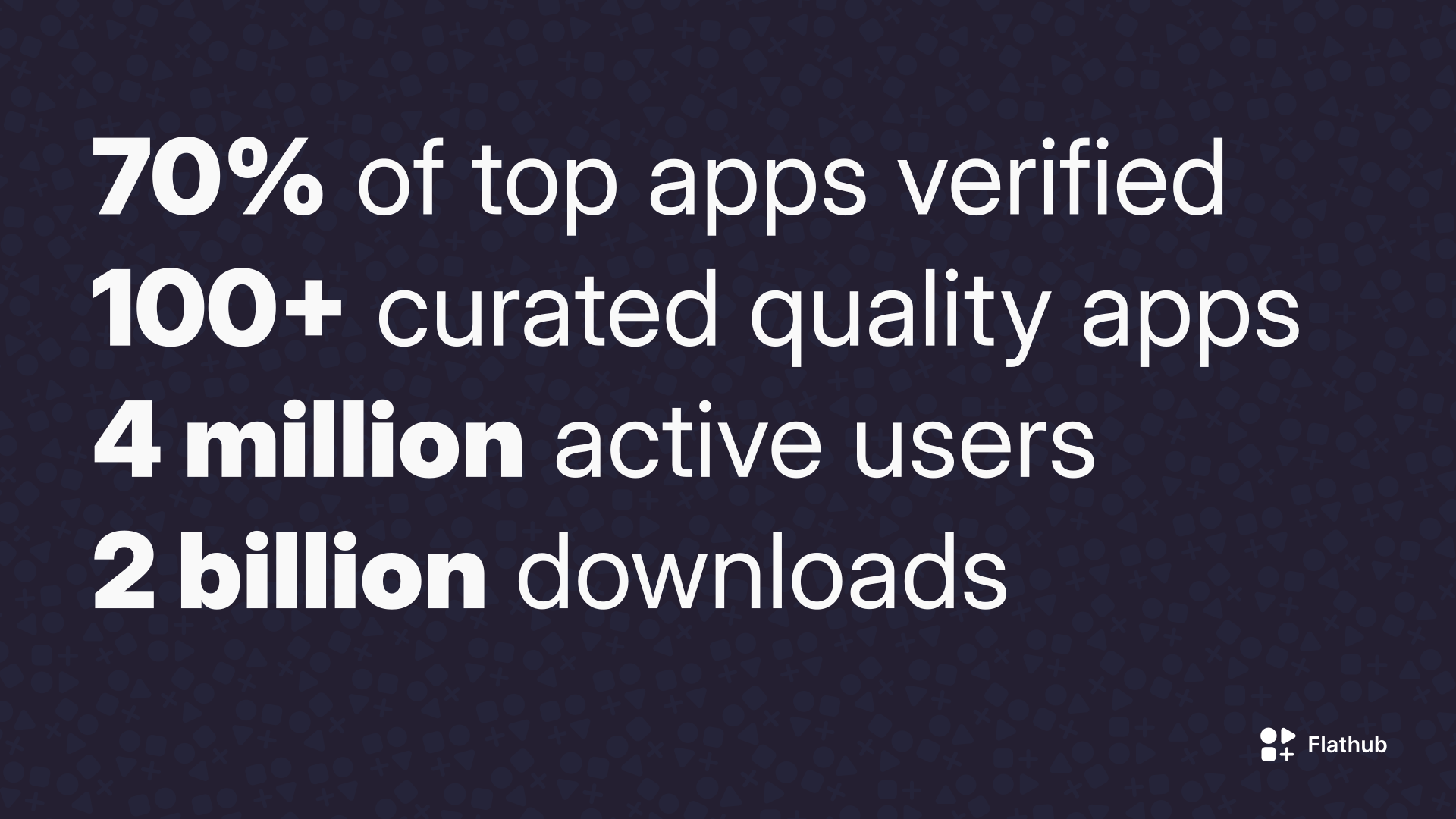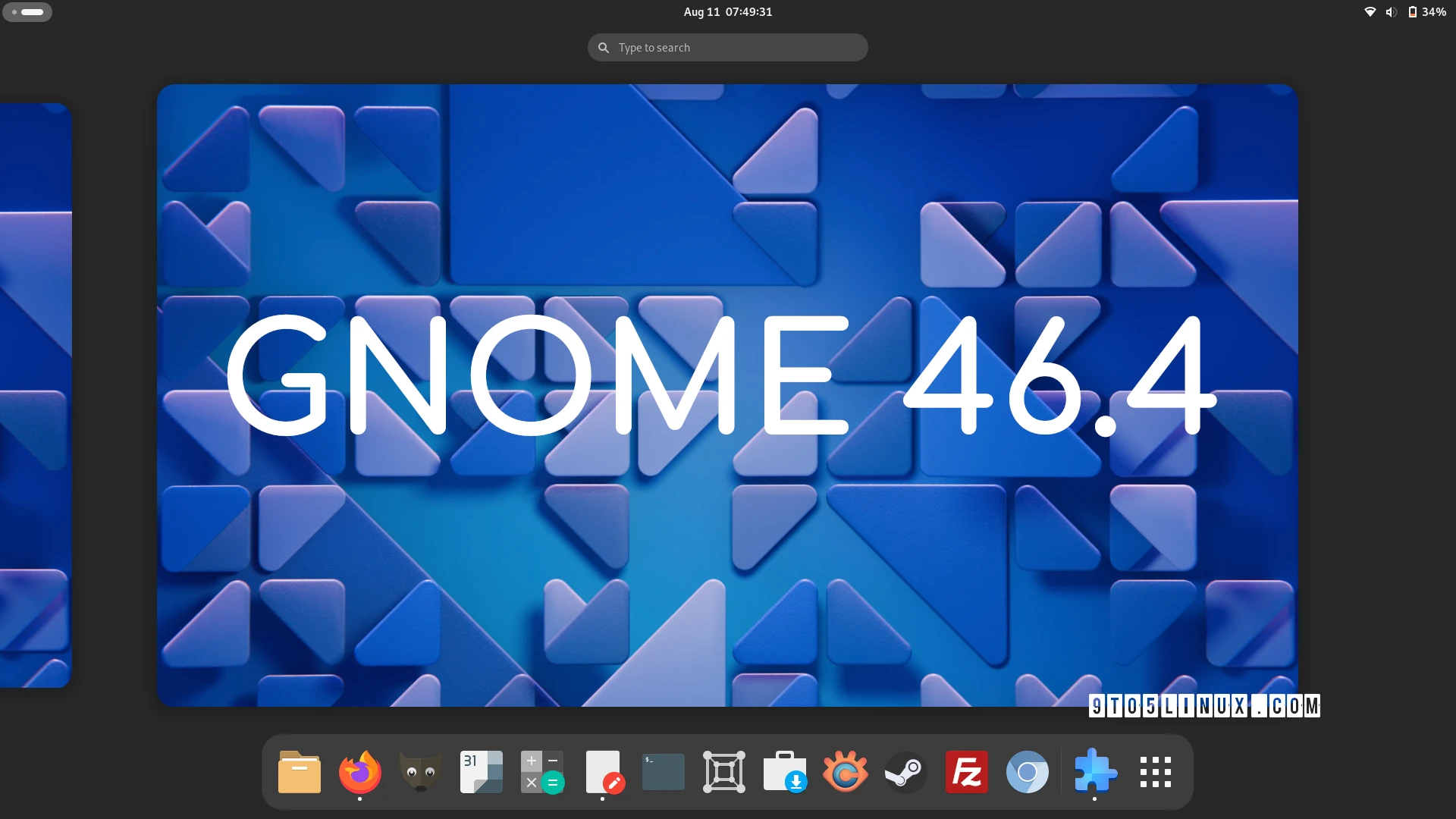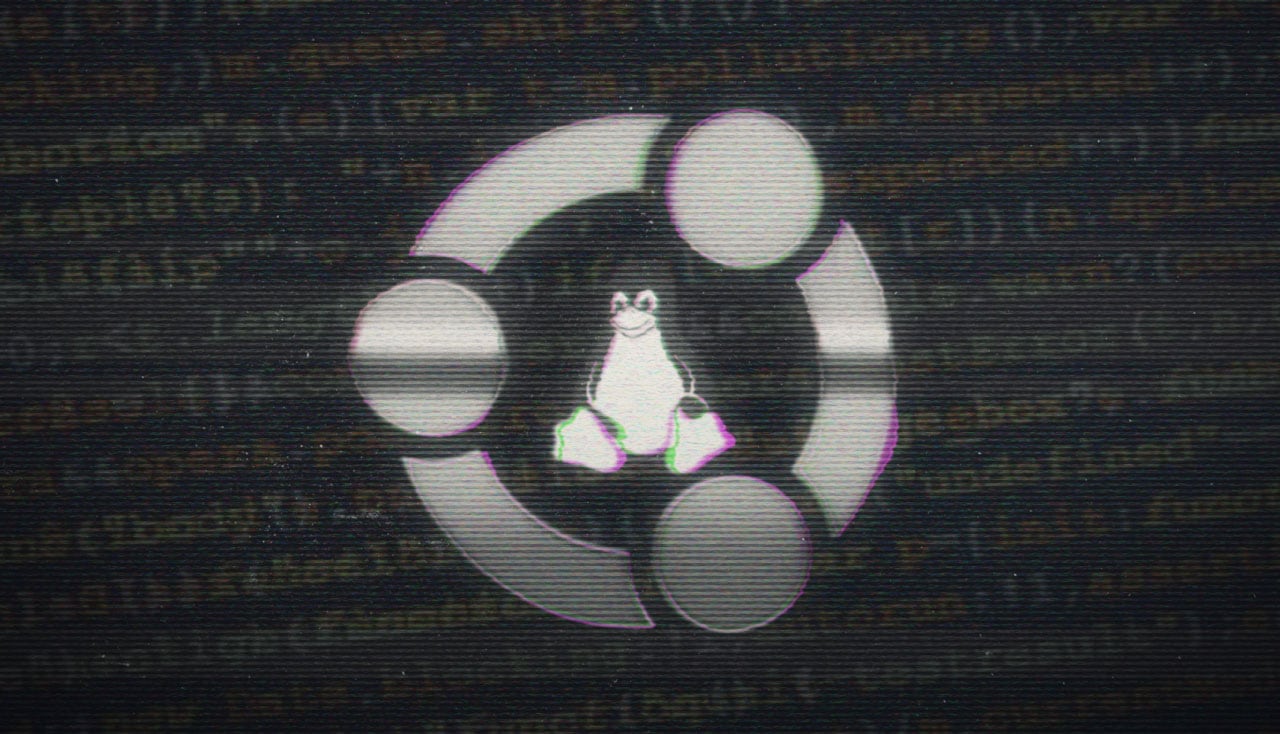- 111 Posts
- 63 Comments

 5·1 day ago
5·1 day agoI currently use Ubuntu for all my machines (desktops, laptops, and servers), but I used to use Void Linux on my machines for about 6 years, including on a couple of VPSes. Since you are familiar with Void Linux, you could stick with that and just use Docker/Podman for the individual services such as Matrix, Mastodon, etc.
In regards to Debian, while the packages are somewhat frozen, they do get security updates and backports by the Debian security team:
https://www.debian.org/security/
There is even a LTS version of Debian that will continue backporting security updates:
Good luck!

 60·1 day ago
60·1 day agoNot a bad list. Off the top of my head, I would say it is missing two things:
- Discrete Math (formal logic, sets, probability, etc)
- Theory of Computing (not just algorithms, but things like Turing machines, NFAs, DFAs, etc.). These may not be strictly the most practical courses, but I think a Computer Science degree would be incomplete without these.
The “Introduction to Operating Systems” link no longer works (redirects to “Autonomous Systems” courses). Instead, I would recommend using Operating Systems: Three Easy Pieces, which is the textbook I use in my OS course.
Finally, something like The Missing Semester of Your CS Education would also be a nice extra.

 11·3 days ago
11·3 days agoThis is also a lemmy community: !privacyguides@lemmy.one

 15·5 days ago
15·5 days agoI’m not so sure… for the following reasons:
-
Despite using a version of the Linux kernel in ChromeOS, Chromebooks don’t always have the best hardware (ie. driver) support from the mainline kernel used by most distributions. That’s why there are niche distributions like GalliumOS which provide tweaks to support the touchpad and audio devices in many Chromebooks. It’s similar to how Android is Linux, but it’s not standard Linux as we are familiar with (so the hardware support is different).
-
Many Chromebooks have really poor specs: low-wattage CPUs, small amounts of storage, low amounts of RAM. While they may be newer, they are actually probably less performant than older laptops. This has changed in recent years with the new Chromebook plus program (or whatever it is called) which mandates a reasonable set of baseline features, but that is talking about current Chromebooks and not the ones from the COVID era.
-
Related to the previous point, many Chromebooks are not serviceable or upgradeable while Thinkpads and some recent laptops are. You are unlikely to open up a Chromebook and be able to replace say the RAM or SSD, which would be a show stopper for a lot of people that like Thinkpads.
So… unfortunately, I think this take is a bit of a miss and I dont’ really see it happening. I would be happy to be proven wrong though since my kids have two Chromebooks from the COVID era :}
-
If you want something graphical to install a single deb, you can install
gdebi:https://itsfoss.com/gdebi-default-ubuntu-software-center/
With this installed, anytime you download a deb, it will open the deb in
gdebiand allow you to install the package graphically.

 11·6 days ago
11·6 days agoNo, most likely Pipewire would be used to implement the protocol for various compositors.
Think of the protocols as high-level descriptions of interfaces (or designs) that specify what needs to be implemented to support a particular feature (in this case capturing images of a “screen”). Looking at this one, it describes a
ext_image_capture_source_v1object that has various methods such ascreate_sourceanddestroy. Different compositors could then implement or support this interface with whatever technology they wish (most will rely on Pipewire).This is already the case with the existing screensharing protocol. For instance wlroots uses pipewire buffers in xdg-desktop-portal-wlr.
I’ve used Fastmail with a custom domain for a few years now… (5+?) and have been really happy with it. I wish it was a bit cheaper (or had a better family plan), but it works well with my terminal email client (mutt).
The web client is pretty quick and I use the calendar there all the time. Fastmail supports all the normal standards such as CalDAV, so you can use it with third party applications.

 16·9 months ago
16·9 months agoYou can self-host libreddit, which is what I do, and it will still continue to work. That said, it is on borrowed time as development has mostly stopped.
All the public instances are unusable b/c of the rate-limits, unfortunately.

 47·9 months ago
47·9 months agoAnd that’s exactly what happened in your case David. Which is why I’m so happy (also because I fixed the tools from an author I like and already had the books at home :-P):
Really detailed and cool response from the kernel developer. I also found the use of the recent BPF feature to provide a workaround until a proper kernel fix lands really interesting.
 8·10 months ago
8·10 months agoUgh. I shared this with my wife and she is really saddened by the news. We have over a decade of historical data on Mint and she really values the insights it has been able to give to her in planning for a family.
Hopefully, the community can suggest some viable alternatives :|

 23·10 months ago
23·10 months agoJust to note… I’m not the author of the blog post, I just shared it b/c I thought it was an interesting story. I don’t think the author is on Lemmy.

 181·10 months ago
181·10 months agoI read that, but I don’t know if that means they will publish stable releases via the same repository. That just sounds like the packages themselves will end up being in those channels (which makes sense, nightly becomes beta, which becomes a release, which ends up as esr). It doesn’t necessarily mean this apt repository will be a release channel itself.
That said, there is the Mozilla Team PPA.

 52·10 months ago
52·10 months agoWould to see them publish stable releases via this apt repository as well.
Could be what communities you are subscribed to. I run a small instance with about 3ish users, and here are my stats after about 3 months as well:
9.5G ./pictrs 12G ./postgres 8.0K ./lemmy-uiWhat version of lemmy are you using? A recent update also introduced some space savings in the database (I think).

 3·10 months ago
3·10 months agoSome of the Latitudes are pretty lightweight too. My Latitude 7420 is 2.7 lbs while the most recent XP 13 is 2.59 lbs. I should note that the Latitude 7420 is a 14in display rather than 13in and it has an HDMI port, 2 USB-C/TB ports, 1 USB-A port, and a microsd card reader (oh yeah, and a headphone jack). So for a small amount of more weight, you get more I/O and a larger screen.

 27·10 months ago
27·10 months agoNot a fan of the XPS line (expensive, not great thermals, and meh port selection) and I have never own one (though I’ve seen others with them). That said, I have a few of their Latitudes (currently using Latitude 7420) and one Precision and those run Linux really well.
One thing most people don’t realize is that Dell does support Linux (ie. Ubuntu) beyond the XPS line and you can buy Latitudes or Precisions with Linux support OOTB. Additionally, Dell ships firmware updates via LVFS on their XPS, Latitude, and Precision lines. The support isn’t perfect, but I have been happy with using Dell hardware and Linux for over a decade now.
PS. You can get really good deals via the Dell Outlet (my current laptop is refurbished from there), and you can usually find a number of off-lease or 2nd systems or parts on Ebay (very similar to Thinkpads).

 2·10 months ago
2·10 months agoGreat video. Our Linux Users Group will watch it every few years… it’s amazing to see how much has changed in 20 years.

 18·10 months ago
18·10 months agoI can recommend the book Hackers: Heroes of the Computer Revolution, which I’ve read multiple times. I can also recommend Linus’ autobiography Just For Fun.
You can also consider The Cathedral and the Bazaar… though ESR can be a bit much.
That said, here are some random articles I’ve saved that you might be interested in:




















While I’m not a fan of the AI generated articles or images, I think the overall service of aggregating and publishing local events is really useful.
I was actually trying to do something like this myself the other day by looking for RSS/Atom feeds of local organizations to keep track of different community events, but most do not publish anything in a consistent manner.
Having some AI bots scraping the various sites and synthesizing the events into some sort of standard feed would actually be great.